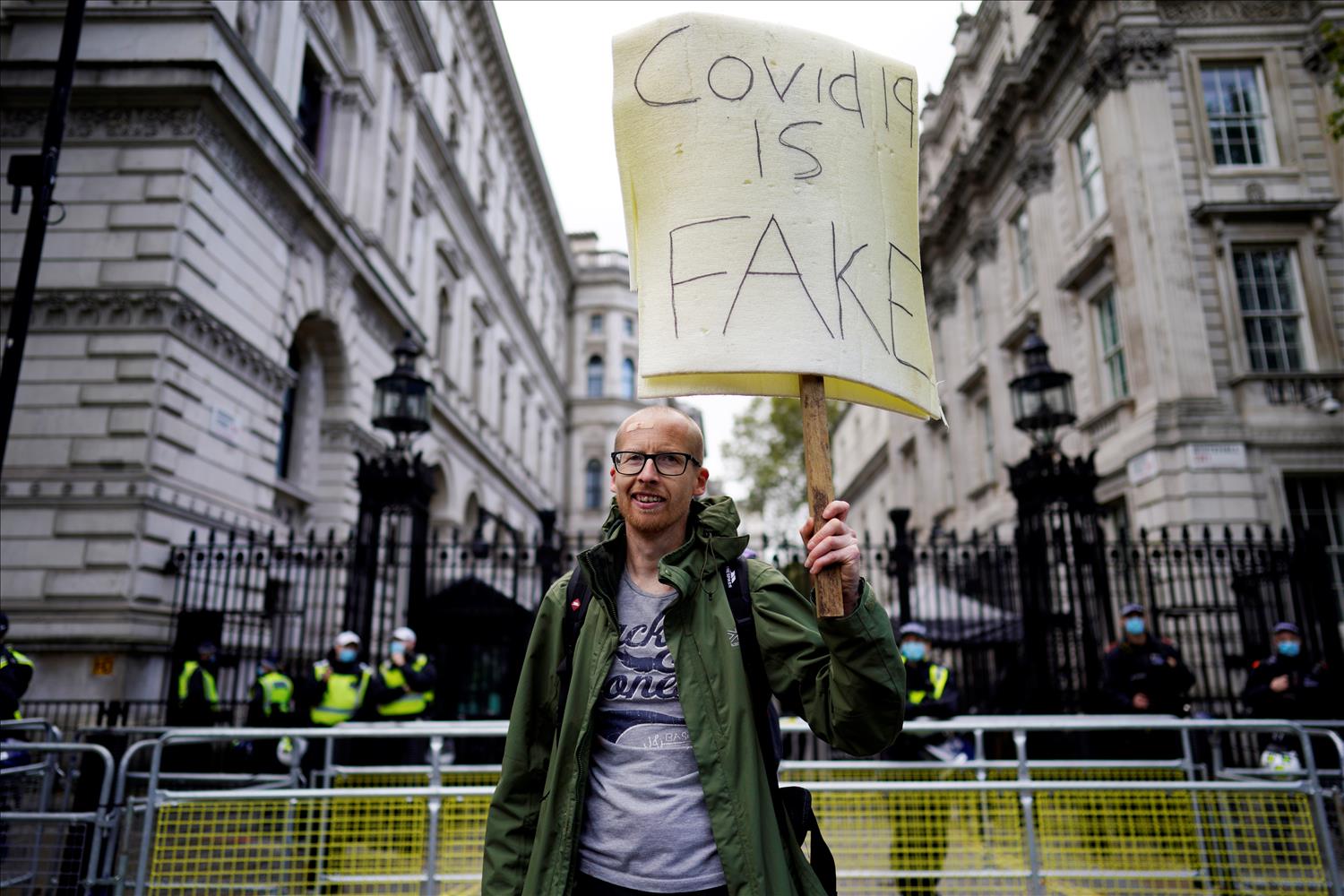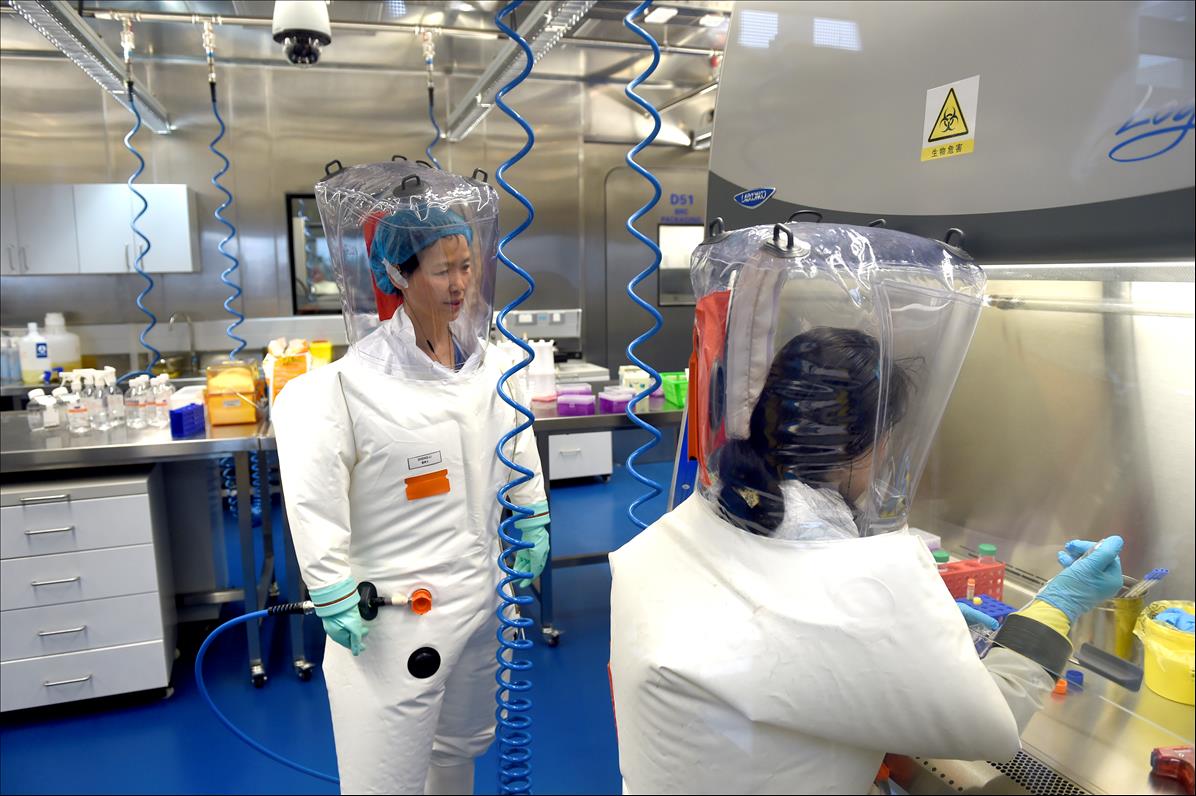
[ad_1]
(MENAFN – The Conversation) While developing an effective vaccine probably won’t lead to the immediate end of the pandemic, it’s clear that things can’t go back to normal without one. Anything that reduces the effectiveness of a future vaccine will be a problem. This includes vaccine hesitation, when people are reluctant or refuse to be vaccinated.
In a recent survey, a colleague and I asked 1,088 people in the UK for their views on a COVID-19 vaccine. About one in seven (14%) were “reluctant” to take one, and a further 3% said they would reject a vaccine outright.
This is related to other studies. A YouGov poll earlier this year found that one in six Britons “definitely” or “probably” would not get a COVID-19 vaccine. And in a recently published international study, only 71% of Brits said they would be vaccinated against the disease. Given that 50-75% of people must be immune to control the spread of the virus, this is worrying.
Reject science
Our survey also looked at what factors were associated with people’s decision making about whether to accept a COVID-19 vaccine.
A key factor we found to be associated with vaccine hesitation was whether a person believed in the conspiracy theory that the coronavirus was artificially created. Of those in the UK who thought the virus came from a laboratory, only 69% said they would accept a COVID-19 vaccine. But acceptance rose to 88% among those who believed the virus naturally originated in wildlife.

The theory that the coronavirus escaped from the Wuhan Institute of Virology has been disproved, but many still believe it. EPA-EFE
This reinforces the associations previously found between possessing a conspiratorial worldview and being hesitant about vaccines. Other recent studies have also found an association between believing in COVID-19 conspiracies and being reluctant to take a COVID-19 vaccine. The conspiracy about the virus’s artificial origins, in particular, was among those identified in an international study examining this aspect.
But why do people who believe in conspiracies also reject vaccines? We can’t be sure, but we do know that people who believe in a conspiracy are more likely to believe in others, and thus may be more likely to believe false information about harmful COVID-19 vaccines or that the pandemic is a hoax.
We also know that people who have a conspiratorial worldview are more likely to reject scientific propositions more widely. Vaccine hesitation may be only part of this.
Are there other factors at play?
Our investigation also found that many other behavioral and demographic factors were associated with vaccine acceptance.
For example, we asked participants about their level of pandemic-related anxieties, how to be most concerned about contracting or passing on the virus. A one-point increase in the pandemic-related anxiety score (on a scale of one to four) increased the likelihood of vaccine acceptance by 36%.
In a separate question, we also asked respondents to provide a percentage score for how likely they thought they would catch COVID-19. A 10% increase in a person’s perceived risk of getting the disease increased the odds that they would accept the vaccine by 12%.

Many people became more anxious during the pandemic, according to Google search trends. Sam Wordley / Shutterstock
The frequency of watching, hearing or reading news about the pandemic was also positively associated with vaccine acceptance among UK respondents.
The level of education did not include acceptance of the vaccine, but was related to beliefs about the origin of the virus. Respondents with postgraduate and graduate degrees were more likely to believe in the natural origin of the virus than those without.
This is consistent with previous findings on the link between belief in conspiracies and lower education levels. Similarly, existing research suggests that people who are reluctant to vaccines aren’t necessarily less educated, as we’ve found here.
How to use this information
Given the association between having a conspiratorial worldview and a general rejection of scientific propositions – such as vaccine safety – combating vaccine skepticism will require us to think more strategically about how we communicate science.
Researchers recognized the ineffectiveness of trying to reduce conspiracy thinking simply by challenging people’s worldviews. This is mainly due to the fact that people tend to discard information or evidence that questions their pre-existing beliefs (what is known as “reasoned reasoning”).
However, understanding the cognitive mechanisms that motivate people to accept and reject vaccines should be our first step towards planning more effective strategies to promote vaccination adoption. Based on what we found in our investigation, it may be that avoiding focusing on the scientific rights and wrongs of vaccination and instead emphasizing the actual risk of disease is a more effective way to improve vaccine intake.
MENAFN09112020000199003603ID1101095393
Legal Disclaimer: MENAFN provides the information “as is” without warranties of any kind. We accept no responsibility for the accuracy, content, images, videos, licenses, completeness, legality or reliability of the information contained in this article. If you have any complaints or copyright issues related to this article, kindly contact the supplier above.
.
[ad_2]
Source link